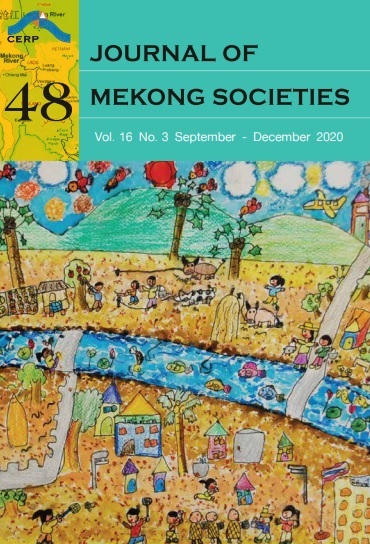Responding to Challenges in Local Governance: Comparing Hybrid Organizational Responses in Urban Areas of Thailand and Myanmar
Main Article Content
Abstract
In response to the public service challenges faced by urban areas, alternative models of governance have emerged to promote responsive, effective, and efficient public service provision consistent with the New Public Governance (NPG) and the New Public Service (NPS) paradigms of public administration. Often these responses involve complex inter-governmental and inter-sectoral arrangements, ‘engineered’ to solve public service problems. While there have been a variety of conceptualizations of how these organizationally complex arrangements emerge and operate, organizational theory has been under-utilized. The research objective of this article is to assess the conceptual and analytic value of hybrid organization analysis in an examination of two organizationally complex local public service approaches in urban areas of Thailand and Myanmar. To accomplish this objective, we first operationalize a hybrid organization in local governance conceptual and analytic framework. Using primarily qualitative data, we then apply evidence on the subject cases to test the explanatory value of this framework. Findings demonstrate that the application of the hybrid organization analysis approach contributes to understanding how and why organizationally complex local governance solutions emerge and operate in the case of Thailand and Myanmar. In each case, the hybrid organization approach has been adopted in response to a new public service challenge to which the existing governance structure did not offer any effective solution. We argue that deploying the hybrid organizational analytic approach to assess organizationally complex forms of NPG or NPS in urban settings adds to our understanding of their formation and operation.


